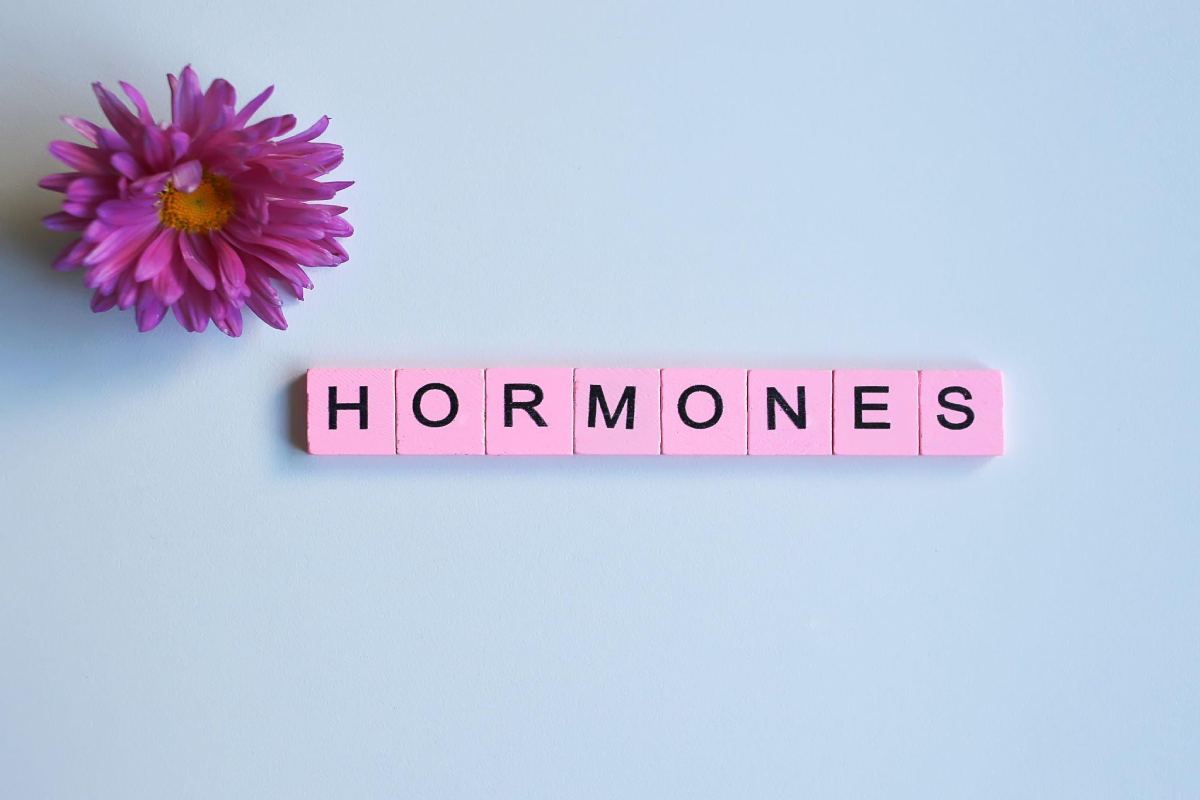Hormones are one of the key factors to a balanced body. They carry messages from one organ to another and regulate various bodily functions, such as growth, metabolism, mood, sleep, fertility, and even blood pressure. When your hormones become imbalanced, it can lead to a variety of symptoms. Understanding the signs to look out for is an important first step in ensuring that your hormones—and body—remain in balance. Below are several signs of a potential issue.
How Can You Tell You May Have a Hormone Imbalance?
1. Fatigue
While everyone will have the occasional groggy day due to stress or a late night, frequent episodes can be a sign of a more serious underlying issue. If you notice that you feel tired much more quickly from activities, wake up feeling unrested, or need to sleep more often, discuss these changes with your doctor.
2. Digestive Issues
The stomach is one of the body’s biggest regulators since food digestion helps keep muscles strong, the brain sharp, and the body energized. Hormone imbalances can lead to issues with digestion, leading to bloating, cramps, nausea, and changes in appetite.
3. Weight Gain or Loss
Hormone levels that are higher or lower than normal can influence your weight. In some cases, you may gain weight due to decreased production and mood changes that cause you to eat more or opt for less healthy foods. In other cases, you may drop weight because the thyroid is producing too many hormones, and food is being converted into fuel too quickly.
4. Acne
Being past your teen years is often a relief for your skin. However, a hormone imbalance can quickly make chronic acne an issue. Having too much androgen—sometimes referred to as the “male hormone”—can lead to overproduction by your oil glands, which increases the chances of developing chronic acne.
5. Emotional Ups and Downs
You may notice mood swings as hormone levels fluctuate during your menstrual cycle and the eventual onset of menopause. When those hormones are not being regulated throughout the month, it can lead to increased mood swings, depression, and stress. Additionally, many women experience similar changes during and after pregnancy.
In men, emotional changes are often tied to physical health, most commonly chronic illnesses. These can include diabetes, thyroid diseases, and some neurological conditions.
6. Unwanted Hair Growth or Unexpected Hair Loss
Hormones are one of the factors behind healthy hair growth, but an imbalance can lead to hirsutism, or unwanted facial and body hair in women. Some women with excess testosterone may also notice thinning of hair on the head, excessive shedding, and even more advanced hair loss. If you notice changes in your hair, it is important to talk to your doctor about potential underlying health issues.
7. Lowered Sex Drive
A loss of libido is a major issue for both men and women experiencing hormone imbalances. Sexual interest often decreases due to having less testosterone in the body—and while this hormone is commonly associated with men, women also need it for a healthy sex drive. For women, decreases in estrogen production can lead to an increase in vaginal dryness, making intercourse more painful.
Restore Your Hormonal Balance
While these are only a few common symptoms of hormone balance, it’s easy to see how much hormones can affect your body and well-being. Luckily, there are many treatments that help rebalance and optimize your hormones. These include medications, topical treatments, supplements, and even innovative IV therapies. Talking to a medical professional can set you on the right track to regaining your balance and your life.


